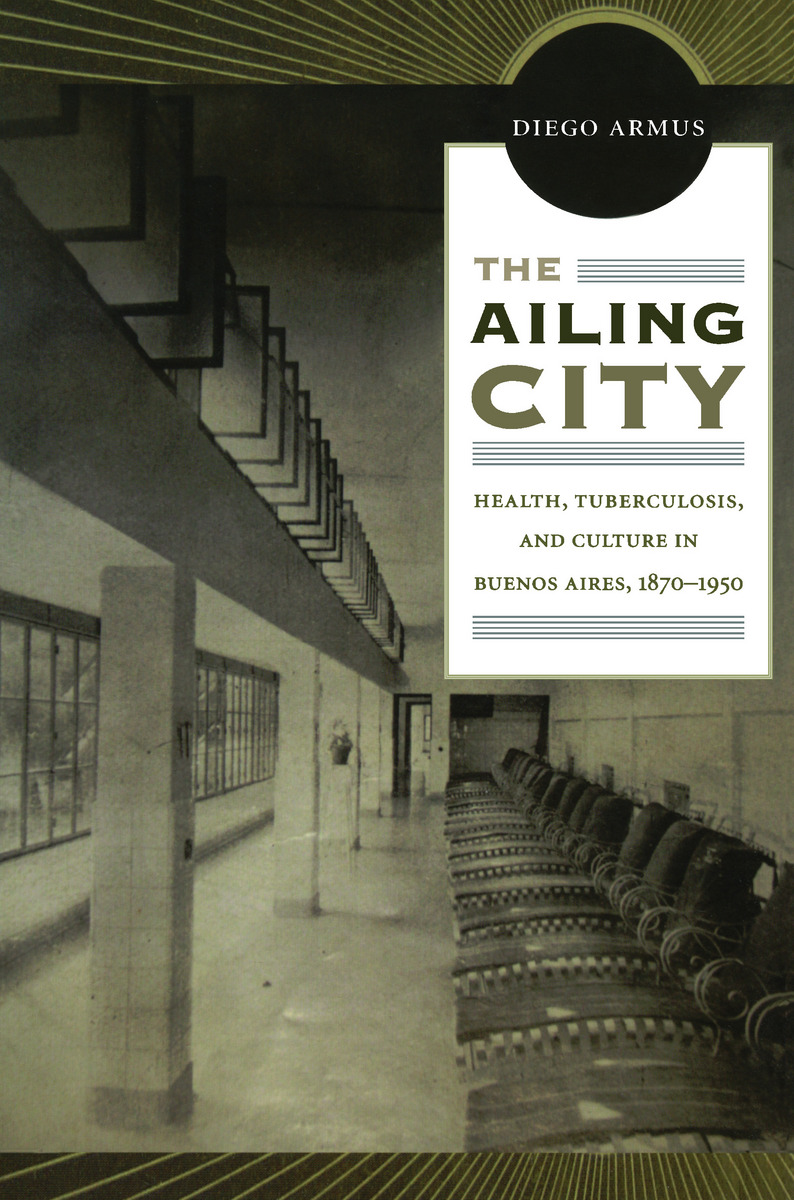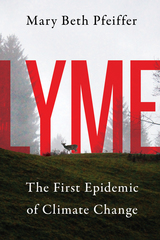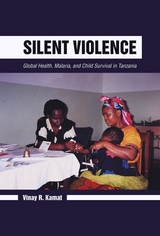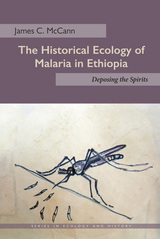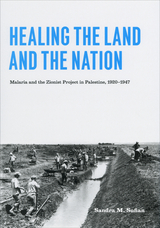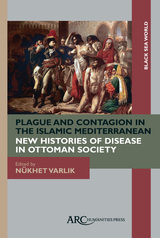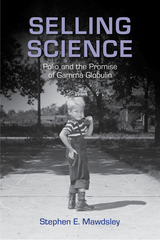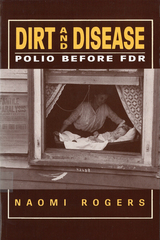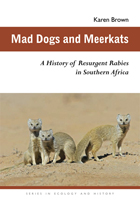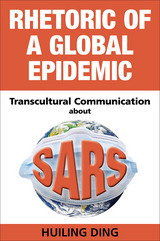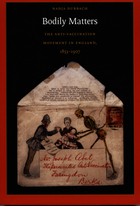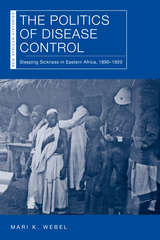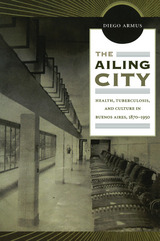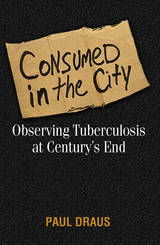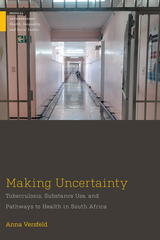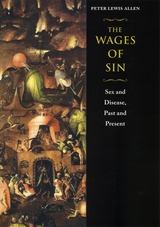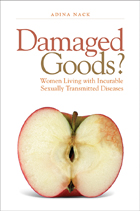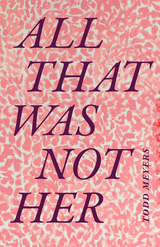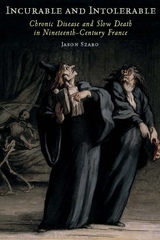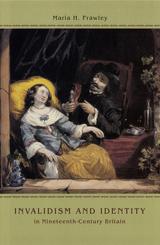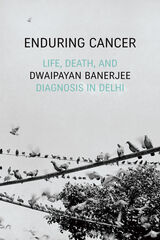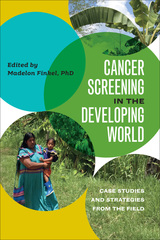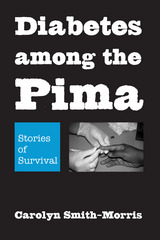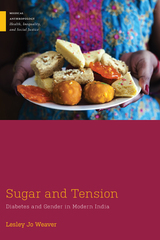The Ailing City: Health, Tuberculosis, and Culture in Buenos Aires, 1870–1950
Duke University Press, 2011
eISBN: 978-0-8223-9419-8 | Cloth: 978-0-8223-4999-0 | Paper: 978-0-8223-5012-5
Library of Congress Classification RA644.T7A768 2011
Dewey Decimal Classification 614.542098211
eISBN: 978-0-8223-9419-8 | Cloth: 978-0-8223-4999-0 | Paper: 978-0-8223-5012-5
Library of Congress Classification RA644.T7A768 2011
Dewey Decimal Classification 614.542098211
ABOUT THIS BOOK | AUTHOR BIOGRAPHY | REVIEWS | TOC | REQUEST ACCESSIBLE FILE
ABOUT THIS BOOK
For decades, tuberculosis in Buenos Aires was more than a dangerous bacillus. It was also an anxious state of mind shaped not only by fears of contagion and death but also by broader social and cultural concerns. These worries included changing work routines, rapid urban growth and its consequences for housing and living conditions, efforts to build a healthy “national race,” and shifting notions of normality and pathology. In The Ailing City, the historian Diego Armus explores the metaphors, state policies, and experiences associated with tuberculosis in Buenos Aires between 1870 and 1950. During those years, the disease was conspicuous and frightening, and biomedicine was unable to offer an effective cure. Against the background of the global history of tuberculosis, Armus focuses on the making and consolidation of medicalized urban life in the Argentine capital. He discusses the state’s intrusion into private lives and the ways that those suffering from the disease accommodated and resisted official attempts to care for them and to reform and control their morality, sociability, sexuality, and daily habits. The Ailing City is based on an impressive array of sources, including literature, journalism, labor press, medical journals, tango lyrics, films, advertising, imagery, statistics, official reports, and oral history. It offers a unique perspective on the emergence of modernity in a cosmopolitan city on the periphery of world capitalism.
See other books on: Argentina | Buenos Aires | Health | Public health | Tuberculosis
See other titles from Duke University Press
